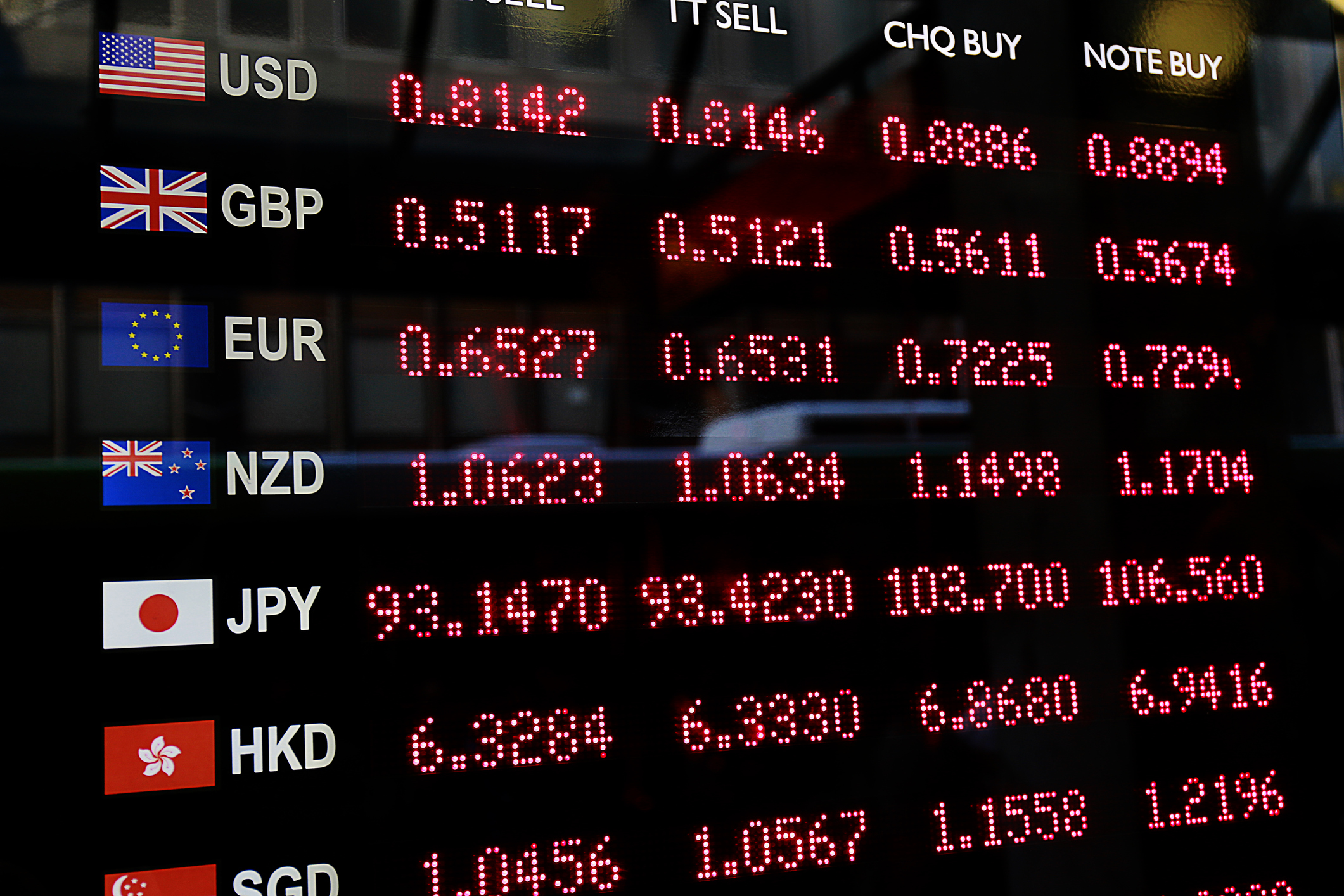Imagine a global stage where currencies dance, their values constantly shifting in a mesmerizing display of economic ballet. This mesmerizing choreography is the very essence of the foreign exchange market, known as Forex.

Image: www.marketaccessintl.com
The Forex market is the world’s largest financial market, with a staggering $6.6 trillion changing hands daily. It’s a realm where currencies from every corner of the globe trade hands, facilitating international commerce and investment. Understanding the intricacies of this dynamic market empowers us to navigate the global financial landscape and make informed financial decisions.
Base Layer of Foreign Exchange
At its core, the Forex market is a decentralized global marketplace where currencies are traded. Unlike traditional stock exchanges, there is no central location for Forex trading; it occurs electronically through a network of banks, brokers, and other financial institutions. This interconnected network ensures round-the-clock trading, five days a week, connecting buyers and sellers from every time zone.
Players on the Forex Field
The Forex market is a diverse arena teeming with a broad spectrum of participants. Central banks, commercial banks, institutional investors, hedge funds, and individual traders all converge, each seeking their objectives. Central banks wield the power to influence exchange rates through monetary policy, while commercial banks facilitate currency exchanges for their corporate and retail clients. Institutional investors, including pension funds and sovereign wealth funds, engage in large-scale currency trading to diversify their portfolios. Hedge funds employ complex strategies to exploit currency fluctuations, while individual traders seek to capitalize on price movements for potential gains.
Currency Interactions: A Complex Dance
Currencies exist in pairs, representing the value of one against another. For example, the EUR/USD currency pair indicates the value of the Euro (EUR) relative to the US Dollar (USD). As the price of EUR/USD rises, it signifies that the Euro is strengthening against the dollar, while a fall suggests the opposite.
The value of currencies fluctuates constantly, influenced by a plethora of economic, political, and market factors. Economic indicators such as interest rates, inflation, and GDP growth play a prominent role in shaping exchange rates. Political events, including elections, policy changes, and geopolitical tensions, can also send shockwaves through the Forex market. Additionally, market sentiment, supply and demand dynamics, and speculative trading contribute to currency movements.
The Allure of Forex: Potential and Pitfalls
The Forex market attracts participants with its potential for lucrative returns. Leveraged trading, which allows traders to control large sums of money with a smaller initial investment, can magnify both profits and losses. However, this amplified potential comes with heightened risk. Volatility is an inherent characteristic of the Forex market, where currency values can experience sudden and sharp fluctuations. Unforeseen events, such as natural disasters or political turmoil, can trigger extreme price movements, leading to substantial losses for unprepared traders.
Navigating Forex with Expertise and Strategy
Seasoned Forex traders employ a combination of fundamental and technical analysis to inform their trading decisions. Fundamental analysis examines economic data, political events, and market conditions to gauge the long-term value of currencies. Technical analysis, on the other hand, studies historical price patterns, trends, and technical indicators to identify potential trading opportunities.
Risk management is paramount in Forex trading. Successful traders employ prudent strategies, such as setting stop-loss orders to limit potential losses, and diversifying their currency portfolio to mitigate risk. Emotional fortitude is equally crucial in this fast-paced, ever-evolving market. Traders must maintain discipline, avoiding impulsive decisions or chasing losses.
Forex: The Gateway to Global Finance
The Forex market serves as a vital component of the global financial system. It facilitates international trade, allows for currency hedging, and caters to currency speculators. Understanding Forex empowers individuals, businesses, and investors to navigate the ever-changing financial landscape. Whether you’re a seasoned trader or a budding enthusiast, delving into the world of Forex opens up new horizons for financial acumen and global connectivity.

Image: www.slideshare.net
Foreign Exchange Forex Market Mechanism






